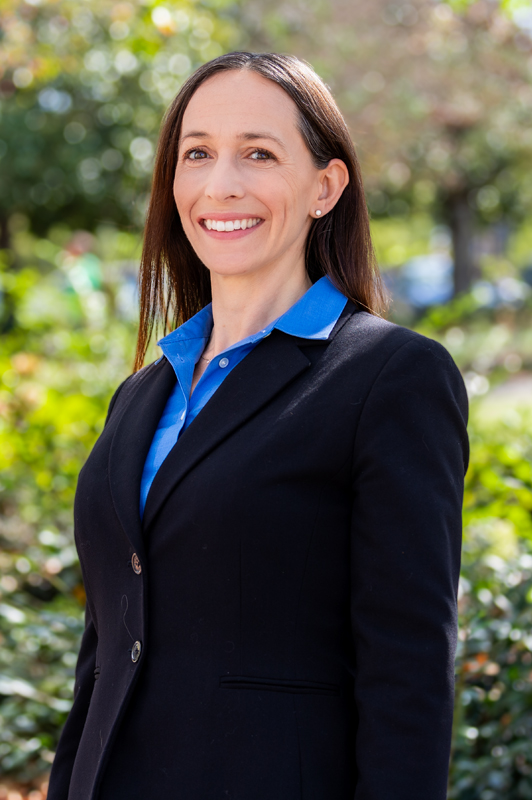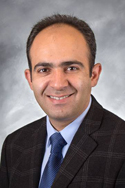Chemical engineering researchers win Alabama Launchpad with device that replicates human-like tissue
Published: Aug 25, 2023 12:25 PM
By Joe McAdory
Elizabeth Lipke and Yuan Tian are mastering the art of human-like tissue replication… and it’s paying dividends.
Lipke, the Mary and John H. Sanders Professor in the Department of Chemical Engineering, and Tian, a post-doctoral researcher in chemical engineering, co-founded biomedical company VivoSphere, and won first place and $25,000 in Alabama Launchpad’s Cycle 2 concept stage finals on Thursday, Aug. 17, at Auburn University’s New Venture Accelerator.
VivoSphere, a transformational 3D cell encapsulation device, creates human-like tissue for testing human-like drug responses, to reduce false positive drug candidates at the earliest stages to avoid costly drug failure during the clinical stage.
VivoSphere was born out of a 2021 National Science Foundation-awarded project, "I-Corps: Spheroidal engineered tissues for more efficient drug discovery," with Lipke as principal investigator and advisor to Tian, who founded the company.
"I want our research to have meaningful impact," said Tian, who earned a PhD in chemical engineering from Auburn in 2020. “We don’t want to just add to recent research publications. We want our research to turn into an actual and beneficial product. VivoSphere is a platform that will help the researchers with unparalleled capability to develop drugs, save lives and transform our fight against cancer."
Tian noted, "90 percent of drugs that go into the clinical stage fail."
"We are talking about devastating patients and costly failure for pharmaceutical companies," he said. "A major cause of this problem is that traditional drug testing methods involve using flat 2D cell cultures in a dish. But here’s the catch: cancers don’t grow in isolation. Tumors exist within complex 3D environments, interacting with neighboring cells and their surroundings.
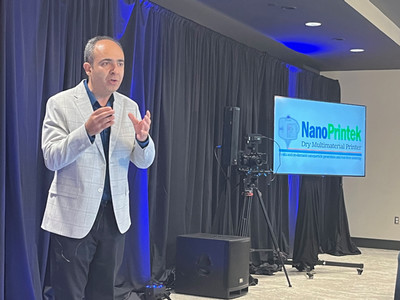
"VivoSphere utilizes tissue engineering technology to replicate these conditions by creating miniature versions of human tissues, allowing researchers to study the intricate interactions between cancer cells, normal cells, and the extracellular matrix. This level of detail is impossible to achieve with 2D cultures."
Tian noted that VivoSphere are not just models, but also bridges connecting labs to real-world cancer behavior, equipping researchers with unparalleled tools to develop potent drugs, save lives and transform the fight against cancer.
Lipke said Tian, "Was a great student, is a great post-doctoral fellow and is also a great business owner and partner."
"When he puts his mind to something, he’s going to achieve it," she said. "He is tirelessly reaching out to other people who have experience – getting input and advice – talking to people about what needs to be done next. This is a process, and you learn more at each step.
"Like he said in his pitch before the judges, we are at a pivotal point (in medicine). This ability to use data in the petri dish in vitro models for testing… the FDA has given the go-ahead to these types of models. That means there’s a lot of companies looking for solutions."
Alabama Launchpad, a program of the Economic Development Partnership of Alabama in partnership with Innovate Alabama, is the state’s most active early-seed funding source. The program features entrepreneurs in two stages of development: those in the concept stage, which are usually pre-revenue, and those in the early seed stage, looking to accelerate the growth of their existing businesses.
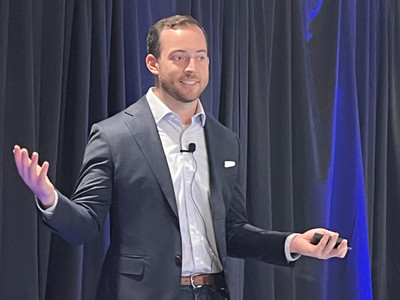
VivoSphere wasn’t the only Auburn startup competing at Launchpad. Masoud Mahjouri-Samani, associate professor in electrical and computer engineering, was also a finalist in the concept stage division. He founded the startup, Nanoprintek, is the world’s first dry nano printer allows pure, multi-material, multi-functional and hybrid materials printing on demand.
Mahjouri-Samani, whose dry-printing research has been recognized by NASA, is director of the university’s Laser-Assisted Science and Engineering Emerging Nanomaterials and Devices (LASE-END) laboratory.
Will Bryan, a doctoral student and graduate research assistant in mechanical engineering, is and founder of Autonoma, which creates autonomous vehicle simulation and validation tools by combining an AV simulator with high-bandwidth, low-latency wireless communications to allow a real vehicle to recognize virtual environments. This allows for a safer transition from simulation to on-road operation.
Bryan is no stranger to automated vehicles. He serves as technical consultant for the Indy Autonomous Challenge and was team lead for Autonomous Tiger Racing from 2020-22. Auburn produced the first autonomous race car to circle the legendary Indianapolis Motor Speedway.
Media Contact: , jem0040@auburn.edu, 334.844.3447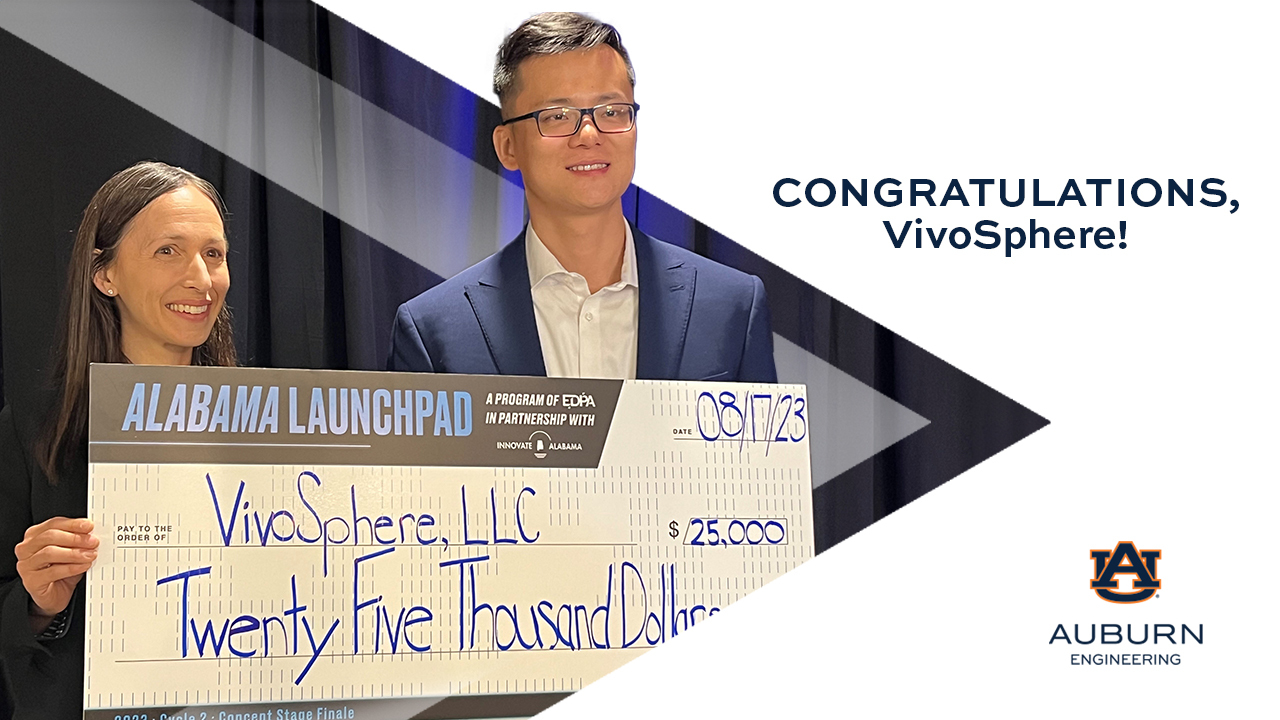
Elizabeth Lipke, left, the Mary and John H. Sanders Professor in chemical engineering, and Yuan Tian, a post-doctoral researcher in chemical engineering.


